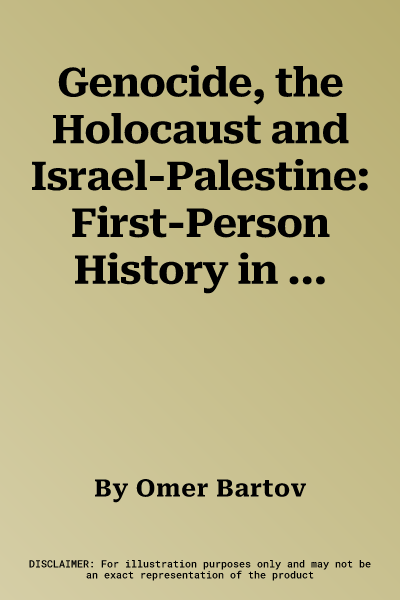This book discusses some of the most urgent current debates over the
study, commemoration, and politicization of the Holocaust through key
critical perspectives. Omer Bartov adeptly assesses the tensions between
Holocaust and genocide studies, which have repeatedly both enriched and
clashed with each other, whilst convincingly arguing for the importance
of local history and individual testimony in grasping the nature of mass
murder. He goes on to critically examine how legal discourse has served
to both uncover and deny individual and national complicity. Genocide,
the Holocaust and Israel-Palestine outlines how first-person histories
provide a better understanding of events otherwise perceived as
inexplicable and, lastly, draws on the author's own personal trajectory
to consider links between the fate of Jews in World War II and the
plight of Palestinians during and in the aftermath of the establishment
of the state of Israel.
Bartov demonstrates that these five perspectives, rarely if ever
previously discussed in a single book, are inextricably linked, and shed
much light on each other. Thus the Holocaust and other genocides must be
seen as related catastrophes in the modern era; understanding such vast
human tragedies necessitates scrutinizing them on the local and personal
scale; this in turn calls for historical empathy, accomplished via
personal-biographical introspection; and true, open-minded, and rigorous
introspection, without which historical understanding tends toward
obfuscation, brings to light uncomfortable yet clarifying connections,
such as that between the Holocaust and the Nakba, the mass flight and
expulsion of the Palestinians in 1948.

